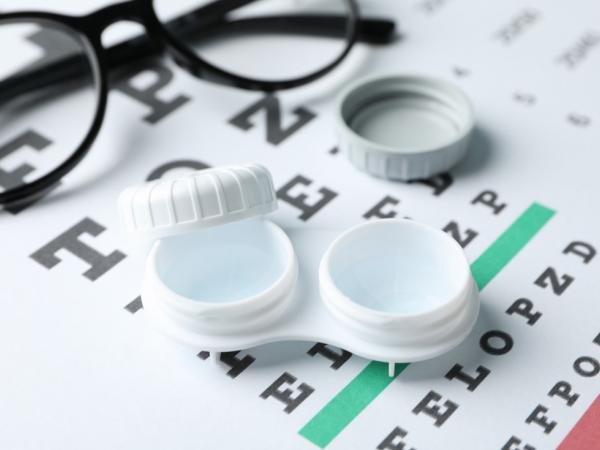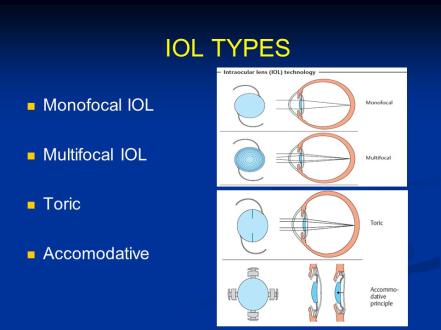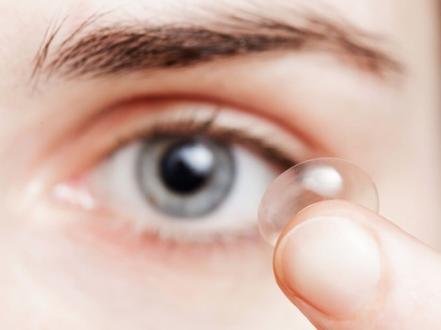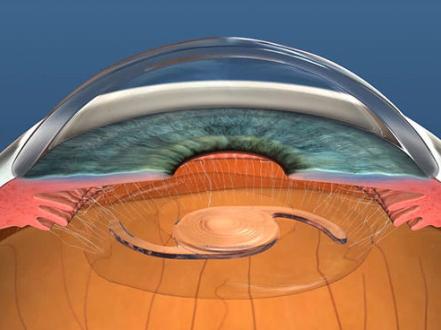Contact lenses have become a popular choice for vision correction, offering an alternative to traditional eyeglasses. While they provide a convenient and discreet way to enhance vision, some individuals may experience dry eye symptoms when wearing contact lenses. Fortunately, there are various strategies to address this issue and ensure comfortable wear.
Temporary relief from dry eyes can be achieved through the use of lubricating eye drops. These drops provide moisture and can alleviate discomfort associated with dry eyes. However, for a more sustainable solution, consider adopting the following tips:
To give your eyes a break, consider abstaining from wearing contact lenses at least one day a week if it's feasible. This break allows your eyes to recover and replenish natural moisture, reducing the likelihood of dry eye syndrome.
It may seem counterintuitive, but contact lenses with high water content can contribute to dry eyes. These lenses tend to absorb moisture from the eyes through the process of osmosis, leading to discomfort during extended wear. Opt for lenses with lower water content to minimize this effect.
Silicone hydrogel lenses offer a promising solution for individuals prone to dry eyes. These lenses have lower water content but provide superior oxygen permeability, promoting the production of a healthy tear film. Improved oxygen flow to the eyes contributes to overall eye health and comfort during lens wear.
If you are new to contact lenses, it's essential to understand that different materials may affect comfort levels. Some materials can exacerbate dryness, while others may alleviate it. When selecting contact lenses, prioritize materials with technologies designed to reduce dryness, but don't overlook the significance of water content.
Can I wear contact lenses if I have dry eyes?
Yes, individuals with dry eyes can wear contact lenses, but it's crucial to manage the condition effectively. Use lubricating eye drops and follow the tips mentioned above to reduce discomfort. Experimenting with different lens materials and technologies under the guidance of an eye care professional can help find a suitable option.
How do you fix dry eyes after wearing contacts?
If you experience dry eyes after wearing contacts, consider the following steps:
- Use preservative-free lubricating eye drops to hydrate and soothe the eyes.
- Take breaks from contact lens wear to allow your eyes to naturally replenish moisture.
- Ensure proper lens hygiene and follow the recommended replacement schedule.
- Consult with your eye care professional for personalized advice and adjustments to your lens type or care routine.
Are daily contacts better for dry eyes?
In many cases, daily disposable contact lenses can be beneficial for individuals with dry eyes. Since these lenses are discarded daily, there is a lower risk of protein and lipid deposits that can contribute to dryness. Daily contact lenses also eliminate the need for cleaning solutions, reducing the potential for irritation.
Which contact lenses are best for dry eyes?
Silicone hydrogel lenses are often recommended for individuals with dry eyes. These lenses have lower water content, reducing the risk of moisture absorption, and offer excellent oxygen permeability for overall eye health. Consult with your eye care professional to determine the best lens material and type based on your specific needs and prescription.
In conclusion, managing dry eyes while wearing contact lenses involves a combination of lifestyle adjustments, informed lens selection, and adherence to good eye care practices. By addressing dry eye symptoms proactively and choosing the right contact lenses, you can enjoy comfortable and hassle-free vision correction.






